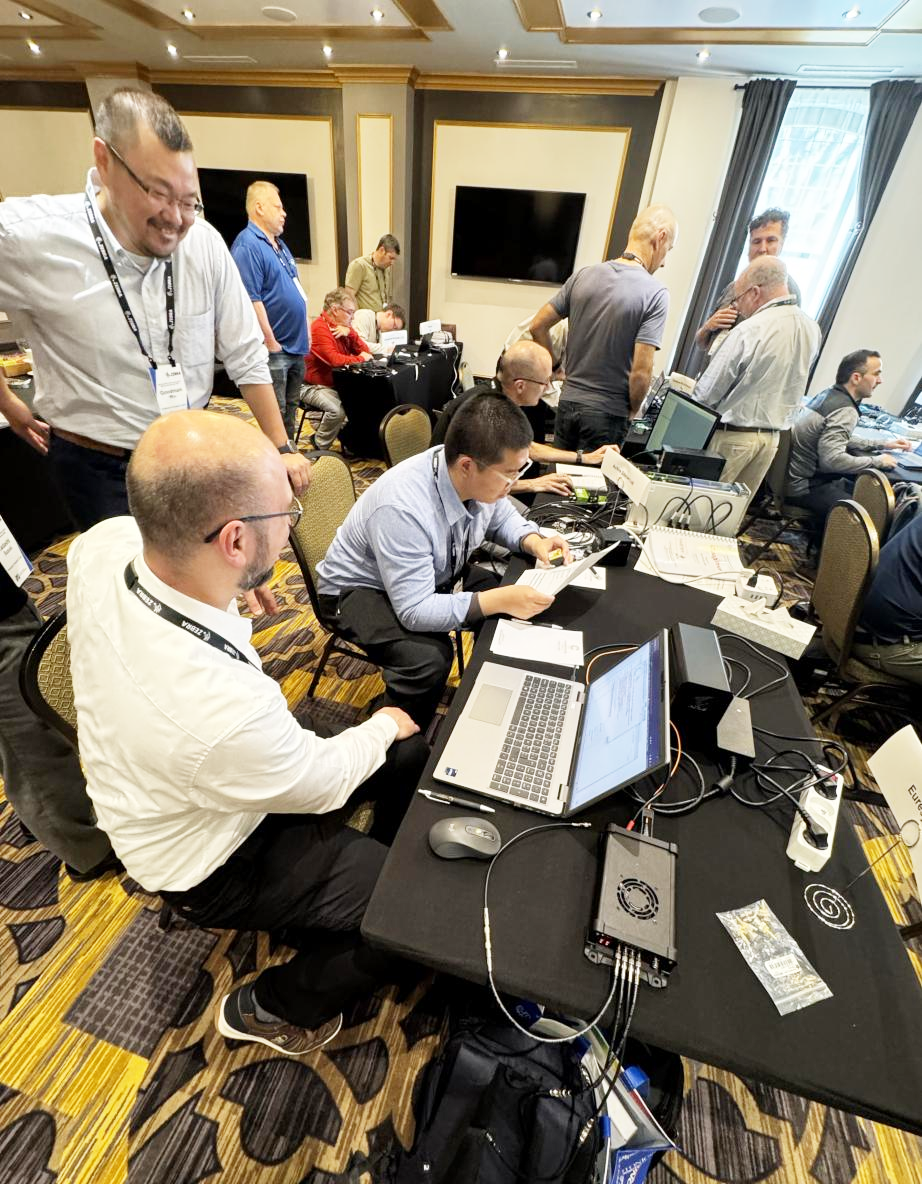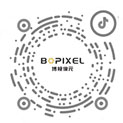In April 2025, the International Vision Standards Meeting (IVSM)—a premier global event in the vision technology field—was successfully held in Quebec, Canada. Jointly organized by the AIA (Automated Imaging Association, USA), EMVA (European Machine Vision Association), VDMA (German Mechanical Engineering Industry Association), and JIIA (Japan Industrial Imaging Association), the conference focused on critical topics such as vision interface protocols, data transmission standards, and cross-platform compatibility. Through technical discussions, standard revision proposals, and PlugFest live testing, the event aimed to address industry-wide challenges.
As the only Chinese company in attendance, Bopixel actively participated in the conference, engaging with leaders and technical experts from AIA, EMVA, VDMA, and JIIA to discuss the standardization of vision protocols and industry trends. This demonstrated the proactive role of Chinese enterprises in shaping global technical standards.
Breakthroughs in the GenICam Standard Framework
As the universal framework for machine vision, the evolution of the GenICam standard remained a core focus. Key advancements included:
Introduction of GenFeA Concept: By integrating functional modules with protocol implementation, this simplifies application development for end-users, paving the way for more standardized vendor products and reduced complexity.
Advancement of GenDC Protocol: By unifying data format definitions, this protocol provides a common transmission la yer for cameras and interfaces using GigE, U3V, CXP, and other protocols, enabling multi-protocol device development.
Expansion of SFNC Standards: The conference outlined a roadmap for collaboration with IEEE 1288 to resolve legacy issues, including standardized data units and GenDC metadata integration.
Exploration of Physical la yer Innovations: Discussions emerged on potential integration between MIPI APHY and GenICam, with its high bandwidth potentially offering new solutions for 8K+ vision systems.
JIIA Standards Update & Industry Collaboration
The Japan Industrial Imaging Association (JIIA) announced several key updates:
SLVS-EC 3.0/3.1 Protocol Implementation: Sony unveiled ultra-high-speed sensors supporting 12.5 Gbps per channel. Bopixel proposed critical camera development metrics—including SLVS-EC-compatible IP, noise suppression, and thermal design—laying the groundwork for next-gen high-speed imaging devices.
Lens Interface Standardization: Revised lens control protocols enhance cross-platform compatibility for motorized focus and aperture control, accelerating industrial lens modularization.
HFC Color Algorithm Upgrade: The High-Fidelity Color standard now incorporates multispectral calibration parameters, meeting stringent color accuracy demands in applications like color sorting and biomedical imaging.
CoaXPress (CXP) Technological Evolution & Ecosystem Development
To address size constraints in fiber-optic interfaces, the conference proposed miniaturized optical port integration—em bedding laser drivers into camera PCBs to significantly reduce interface size. Meanwhile, the CoaXPress G3 Alliance advanced CXP 3.0 development, which will further increase bandwidth, optimize electrical/optical port compatibility, and refine data packet formats, with a formal release planned for late 2025. These advancements will accelerate CXP adoption in semiconductors, industrial manufacturing, aerospace, and other high-end applications.
PlugFest Validation
Bopixel participated in PlugFest testing with multiple cameras, including the *BC-SM12M10X1*, achieving GenICam protocol compliance with international frame grabbers from Euresys and Matrox. Tests covered device discovery, parameter configuration, and streaming data transmission, confirming full adherence to global standards. Bopixel’s proposed protocol conflict resolution also provided a replicable methodology for industry compliance validation.
Conclusion
Through this conference, Bopixel not only gained insights into the development of *GenDC, CXP 3.0, and SLVS-EC* but also contributed a Chinese perspective to global standard-setting. Moving forward, the company will intensify investments in standardization, leveraging preliminary R&D, ecosystem partnerships, and cross-border testing to ensure its products evolve in sync with international benchmarks.
As next-gen vision technologies advance toward higher speeds, intelligence, and ubiquity, Bopixel embraces open standards with innovation, delivering efficient, reliable vision solutions for global clients.






